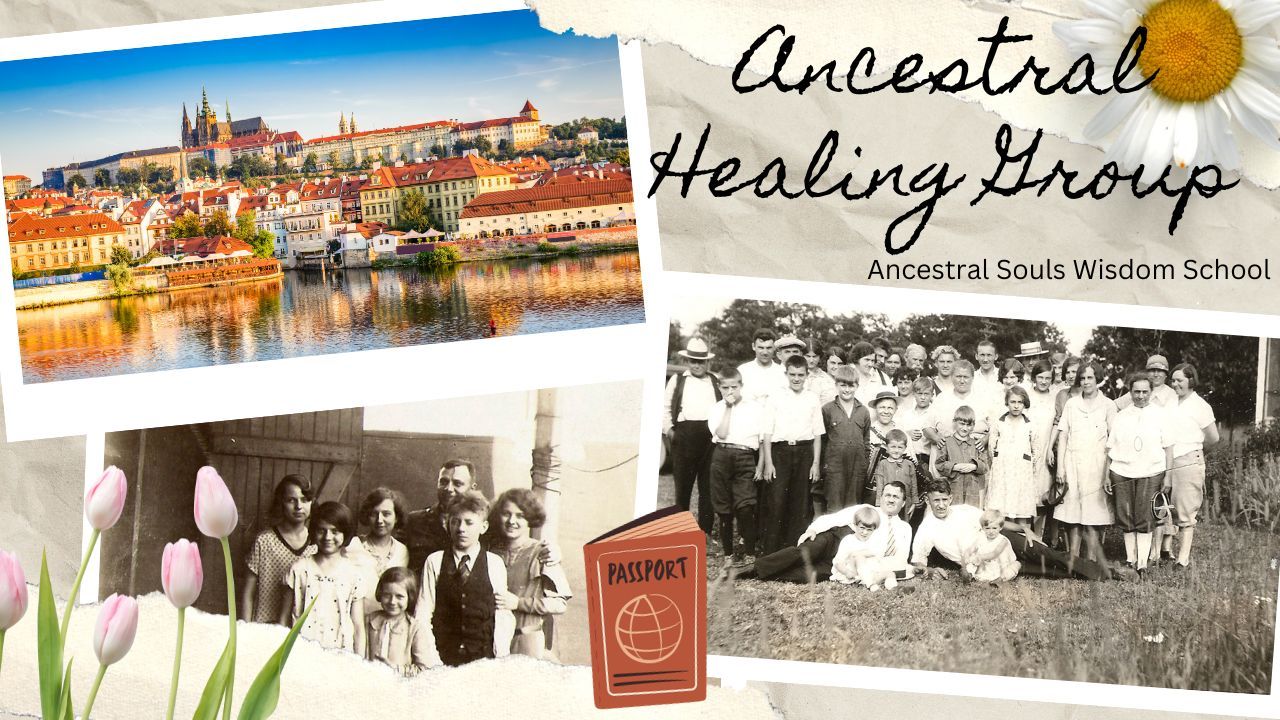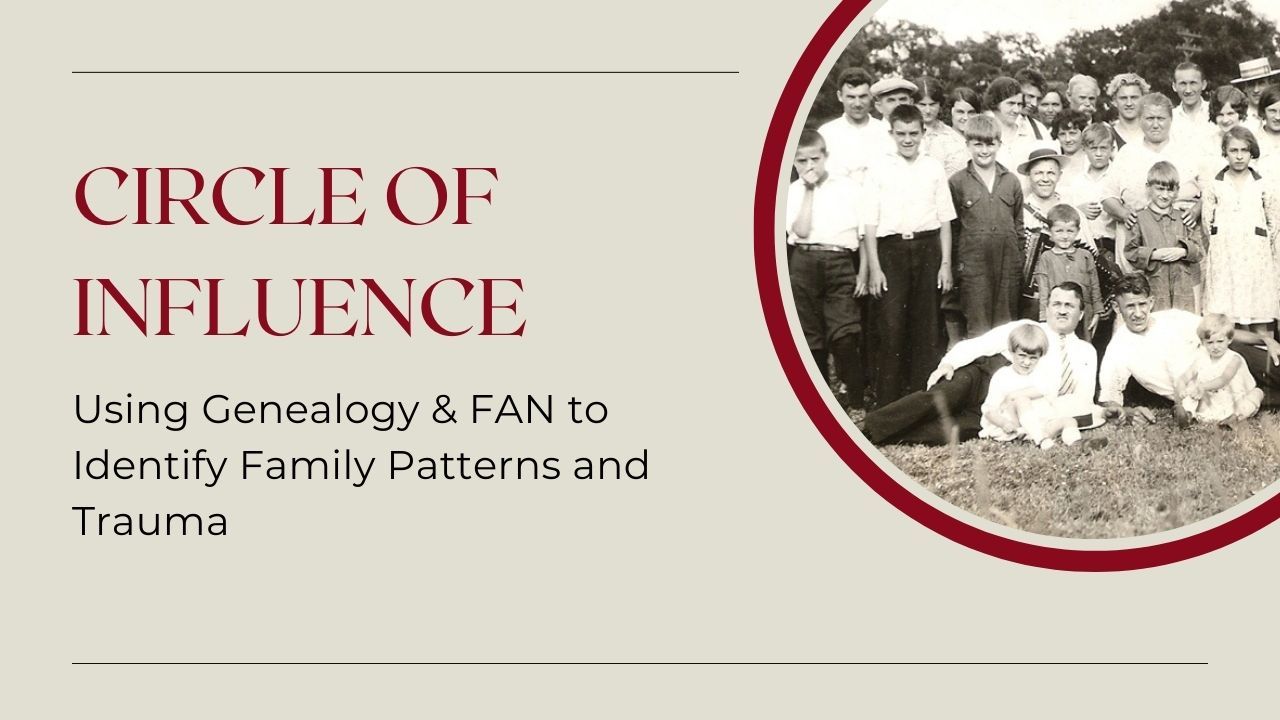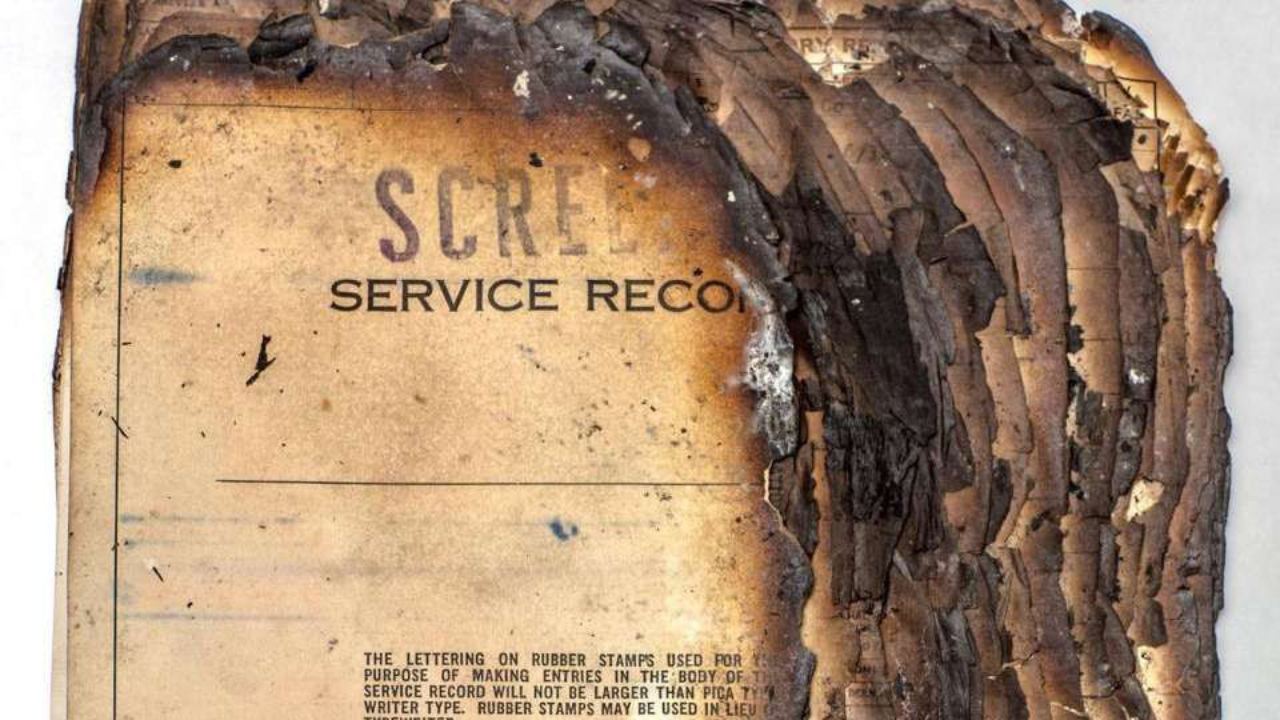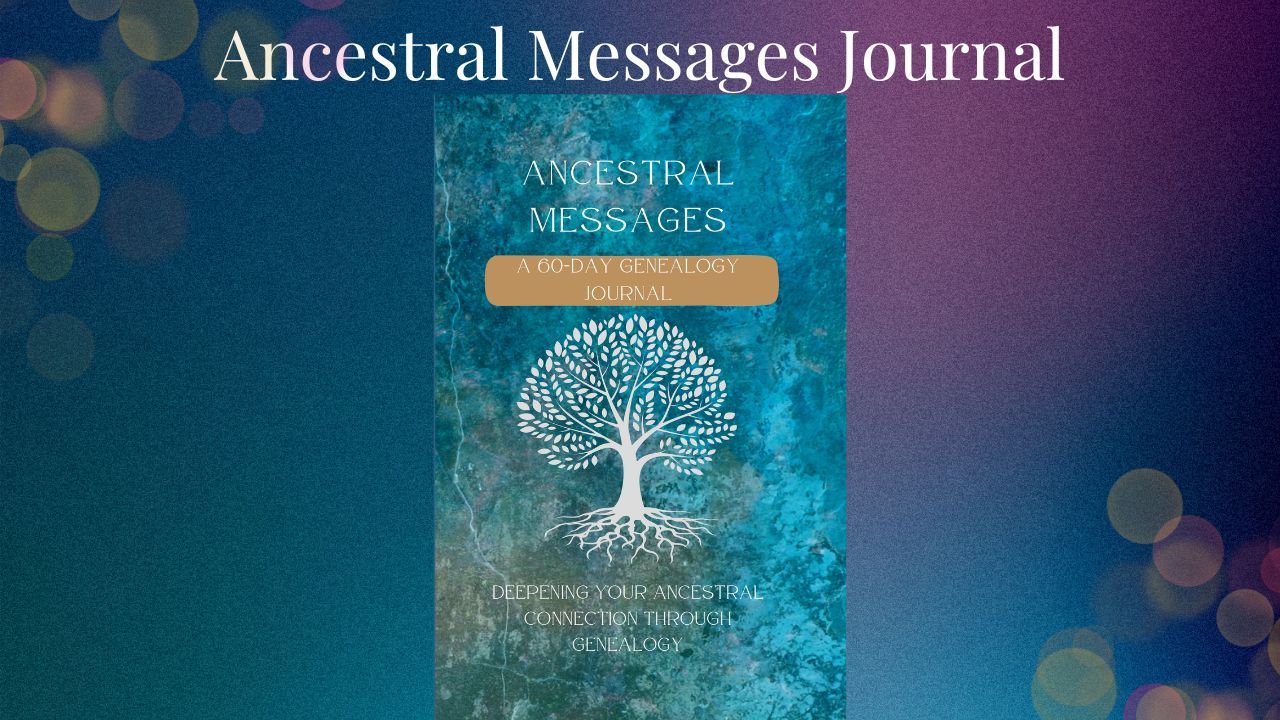Writing Stories of War
Mar 24, 2022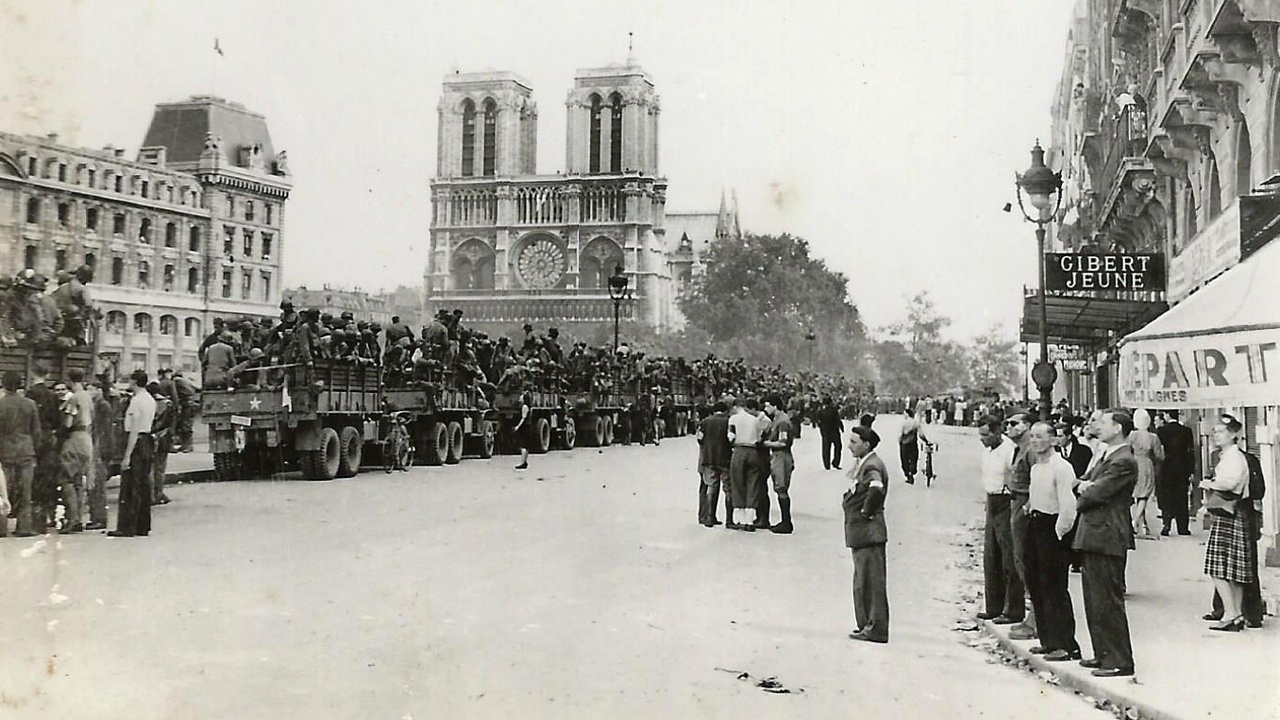
Photographs. Letters. Military documents. Whispered family stories. Artifacts of war. Questions……so many questions and some answers. Your head is spinning and you are unsure where to start writing the stories of your family’s experience in war. Just as researching your soldier or civilian’s war story follows a process, so does the writing.
Step 1: Do Your Homework
We cannot write until we have something to work with. This means we first have to gather our sources and do some research. What else does it mean? If you need help researching the stories of your soldier or civilian, please see Volumes 1 and 2 of my Stories from the World War II Battlefield books on this website.
- Creating a timeline of service for the soldier or the civilian.
- Create a research plan.
- Conducting research surrounding the original story we heard, through civilian and military record sources.
- Analyzing the information discovered.
- Documenting every website, book, and document we locate throughout our research.
- Citing the sources of those resources located, within the writing.
Step 2: Writing Tips
Check the accuracy of the story your family told you.
Compare the family story you heard to the story the research uncovered. Often through the research process, the story changes in big or small ways. Never rule anything out that you hear or find.
The story is as good as the stories and information the writer had at the time of writing.
No story is ever complete. New documents and stories surface all the time. This is why it is important to cite sources. Also be aware as you read memories in letters and stories written years after the war ended. As we age, memories get mixed up. Always check your facts and document everything.
Try not to jump around.
When we write, it is important to avoid jumping around within the story. This confuses the reader, especially if the story is a narrative and it becomes cloudy as to who is speaking.
Watch the military lingo.
Balance the use of abbreviations and acronyms with the spelled-out word. Most people are unfamiliar with military lingo. Consider a glossary at the end of your story or book that contains abbreviations, acronyms, and definitions to words not commonly heard today.
Cite your sources. Sources provide credibility to work and allows others to review your sources and conclusions.
Step 3: Consider the Perspective
Every story we hear or write, is a matter of perspective. The perspective of the person writing a report or story or telling us a story. The view we take as we listen to a story, read letters and diaries, or examine military records, colors how we write our own stories. We must also remember when a soldier tells a story or writes a report about combat, they do so from their perspective of the action.
For example, if two soldiers are in a foxhole in the woods, facing different directions, what they see and experience will be different. If they both wrote accounts of the combat they just experienced, immediately after, you would have two very different accounts. This is because they witnessed, participated in, and felt entirely different things, even in the same overall combat situation.
Have you seen the series Band of Brothers? In one of the last episodes, Dick Winters is typing a report about the action in the woods at Foy. The scenes rotate between Winters typing his report and the battle. That episode really made me think about the conditions under which all our military records were created. For our writing, this means, when we read letters or diaries from the war, or examine military records, particularly battle action reports, we have to consider a few things, even though we will never know the answer.
- What information was omitted from the report or letter?
- What information may have been censored?
- What information was slightly altered during writing?
- What state of mind was the writer in while he or she wrote the report? How might that have affected the text?
- What kind of emotions was the writer dealing with when he wrote the report?
Step 4: Writing the Story
Before we begin writing, we should have an idea of how our story will evolve. We accomplish this through the timeline of service we created as we researched our soldier or by building an outline of what we would like our story to look like. There are many ways to outline a story. Some basic suggestions follow.
Writing the Soldier’s Story
Biography
Early service
Service
Big picture/historical context
End of war/life
After the war
Writing the Veteran’s Story
Biography
Early service
Service
Big picture/historical context
Lessons learned
End of war
After the war
Remembering the Fallen
Writing the American Civilian Story
Biography
Life before the war
Life during the war
Lessons learned
Writing the European Civilian Story
Biography
Life before the war
Life during the war – Occupation or Annexation
Propaganda
Battles
Family involvement – soldiers, resistance, forced labor, etc.
The end of the war
Life after the war
Remembering the Fallen
With all these thoughts in mind, are you ready to begin writing? To help you start, I’ve included a few writing prompts from my new books.
Writing Prompts
The following prompts are writing themes focused on the U.S. experience, with one or two prompts from each, to give you an idea of what is possible when writing the stories. My book, Stories from the WWII Battlefield:Writing the Stories of War, contain over 500 writing prompts to help you write your stories of war.
Life on the Home Front Before the War & Life After the War
- Describe life before the war. Consider education, jobs, and the roles of men, women and children in your family.
- What jobs did your father hold?
- Did your mother work outside the house?
- Did anyone in your extended family live with you or nearby?
- Did the children in the family help with chores in the house or work outside the house to help support the family?
Community Impact
- Describe the impact the community where your family lived had on the war effort. How many men and women did they send off to fight and serve?
Women in the War
- Did any of your female soldiers join the military or Red Cross during WWII?
- Which branch?
- What job did she hold?
- Where did she train?
- Did she serve overseas? Where and when?
Military Service
- Was your soldier drafted or did he or she enlist in the military?
- Where did he or she train?
Race and Ethnicity
- Consider how ethnicity and race affected people during WWII. For example, during World War II in the United States, Japanese Americans were sent to internment camps and African-Americans were segregated in the armed forces. Did this affect your family? How?
V-E and V-J Day
- Where were your family members on VE Day and VJ Day? Where was your soldier?
- Did you celebrate the end of the war in Europe? The end in Pacific when ended the total war? How?
After The War
- What the homecoming like for your soldier? Was there a community parade? A celebration at home or something quiet?
- What did your soldier come home to when his or her service ended? Marriage? A job? Family? College? Did he or she enlist to serve again?
Memories of Post-War Generations
- What memories do you have of your parents, grandparents, or other family members telling you about the war? What stories did they tell you?
Preserving the Memories
- How does your family preserve the memories of those who fought and died or those who lived through the war?
Can I Help With Your Research & Writing Projects
If you need help with your WWI – Vietnam research projects or writing projects, I am taking new clients. You can email me at [email protected] to set up a phone call to discuss your projects and what’s possible.
© 2022 Ancestral Souls Wisdom School




